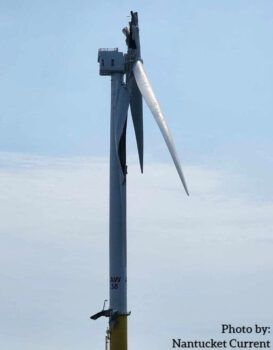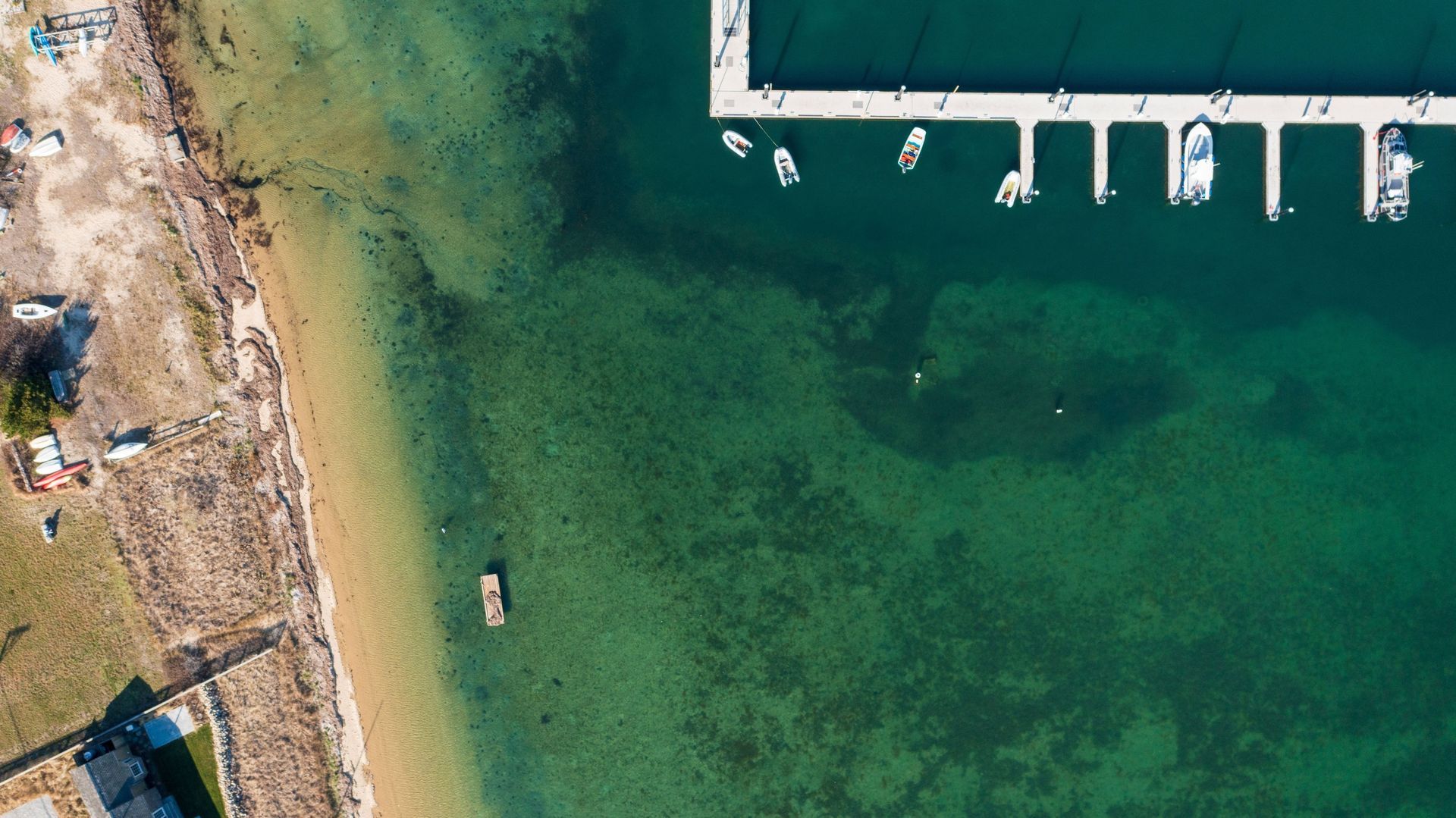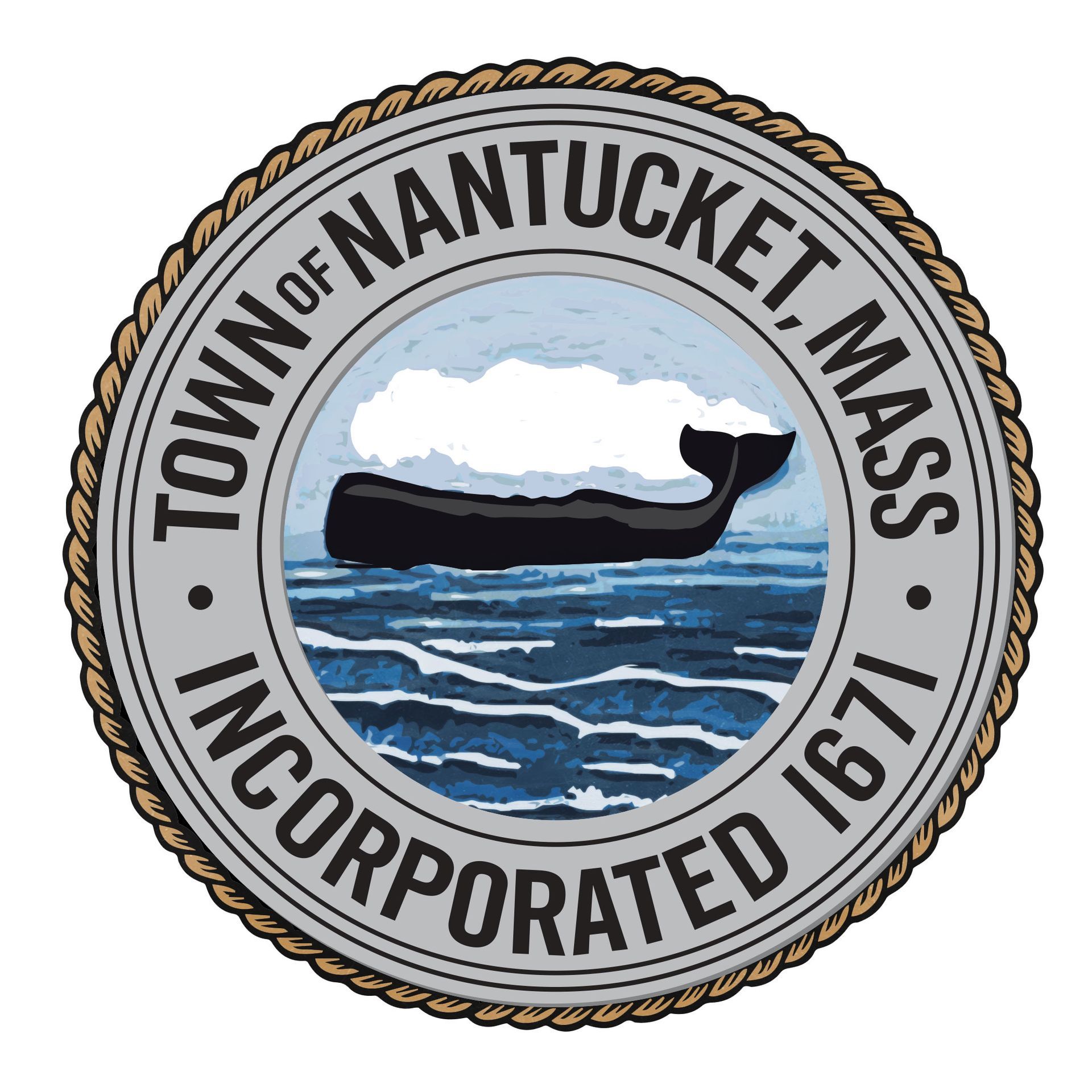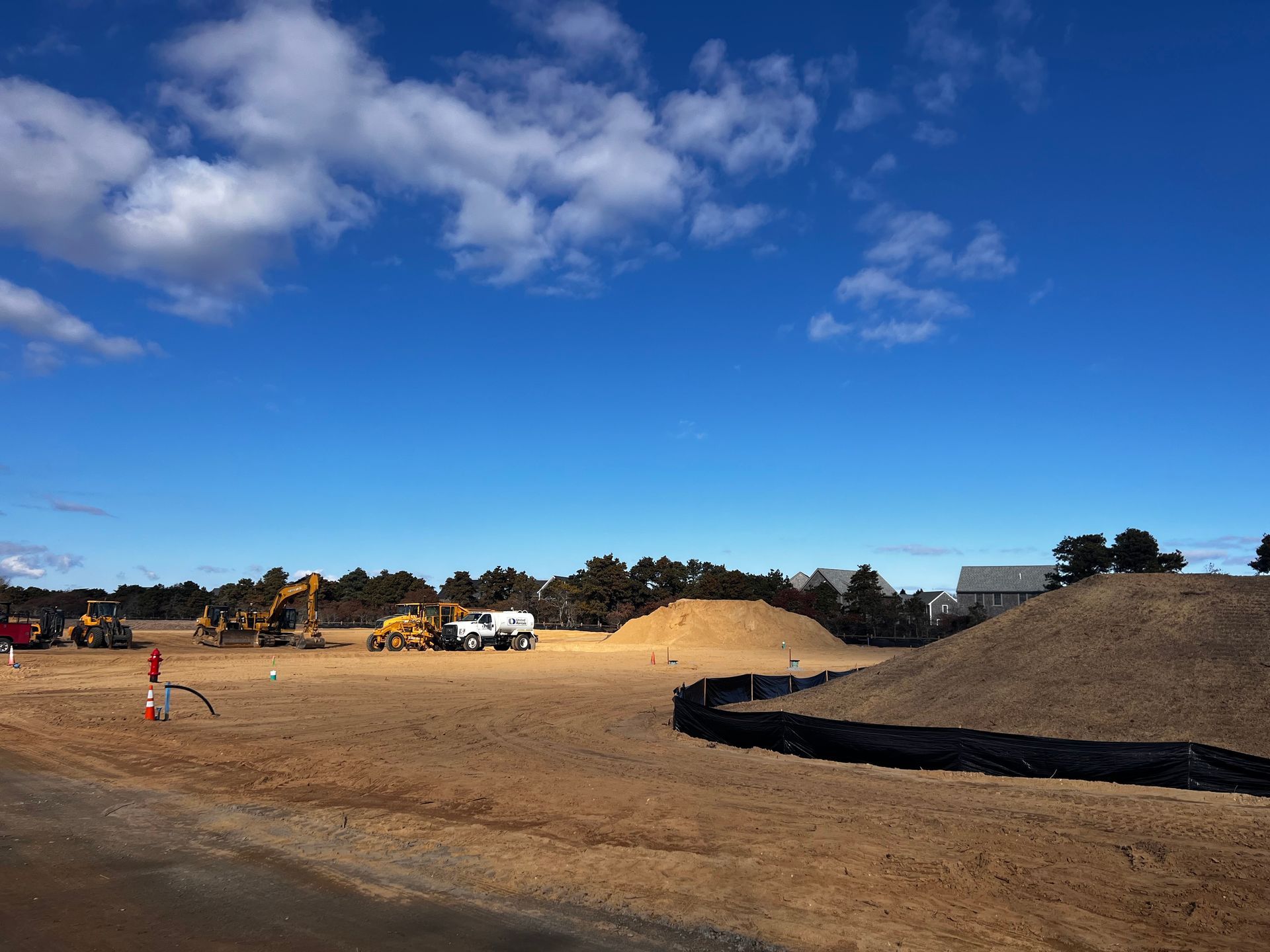NLWC News
Vineyard Wind – NLWC Position
The Nantucket Land & Water Council supports alternative energy and recognizes the potential benefits of offshore wind projects to mitigate our carbon footprint as well as the effects of climate change. However, it is our role as an environmental advocate and member of the Waterkeeper Alliance, to ensure that this industry is held accountable, specifically as it relates to the health of the environment. While this industry brings many opportunities, it still has impacts, like any industry, that must be avoided, minimized, or mitigated.
It is clear that none of the patchwork of local, state, and federal Vineyard Wind permits, which govern a great variety of environmental interests, contemplated the potential for the catastrophic collapse of a turbine blade on July 13th and the massive debris field that resulted in the surrounding waters and along our coastline. Our community was unprepared to deal with an event of this magnitude, and the delayed communications of Vineyard Wind and GE Vernova made matters much worse. The Town and community have been advocating for an appropriate response ever since.
Following the Bureau for Safety and Environmental Enforcement (BSEE)’s revised suspension order allowing for continued construction of towers and nacelles, and confirmation last week of a 3rd GE Vernova Haliade-X turbine blade failure (including the one that washed up on our shores and two from the Dogger Bank installation off of the United Kingdom) in about 3 months’ time,
we are very concerned about appropriate resolution and remediation prior to power generation or the resumption of any further activity at the Vineyard Wind 1 site.

The NLWC will continue advocating for, among other items, the following:
- The turbines in the Vineyard Wind leased area should remain inactive until all existing blades have been fully tested to ensure the manufacturing defect that caused the blade failure on AW- 38 last month cannot happen again.
- Future blade installations should be required to be tested at a facility on land, not over the open waters of the Atlantic Ocean, as occurred in this case.
- Debris that has been collected should be tested for toxic and hazardous substances and a water quality sampling and monitoring program should be implemented, to ensure Nantucket’s waters remain clean, fishable and swimmable.
- The Arcadis CSM mapping of the debris field should be used to develop a protocol for future debris incidents involving Vineyard Wind’s offshore wind projects. This protocol must be scalable in the event of multiple or large-scale failures.
- The Initial Environmental Analysis report prepared by Arcadis must be validated by a third party to ensure concurrence with its conclusions.
- Existing permits and state and federal approvals, as appropriate, should be amended to incorporate best practice contingencies for future marine debris incidents associated with offshore wind development.
- Existing permits should also be amended to include communications plans requiring immediate public notification of future incidents to allow coastal communities to prepare for the various environmental impacts of such an event.
We will continue to speak with our congressional leaders and state representatives and petition the appropriate agencies to ensure the above matters are addressed. It is essential that project partners and the industry are held accountable for these missteps and major problems immediately before they risk being repeated here or elsewhere.





